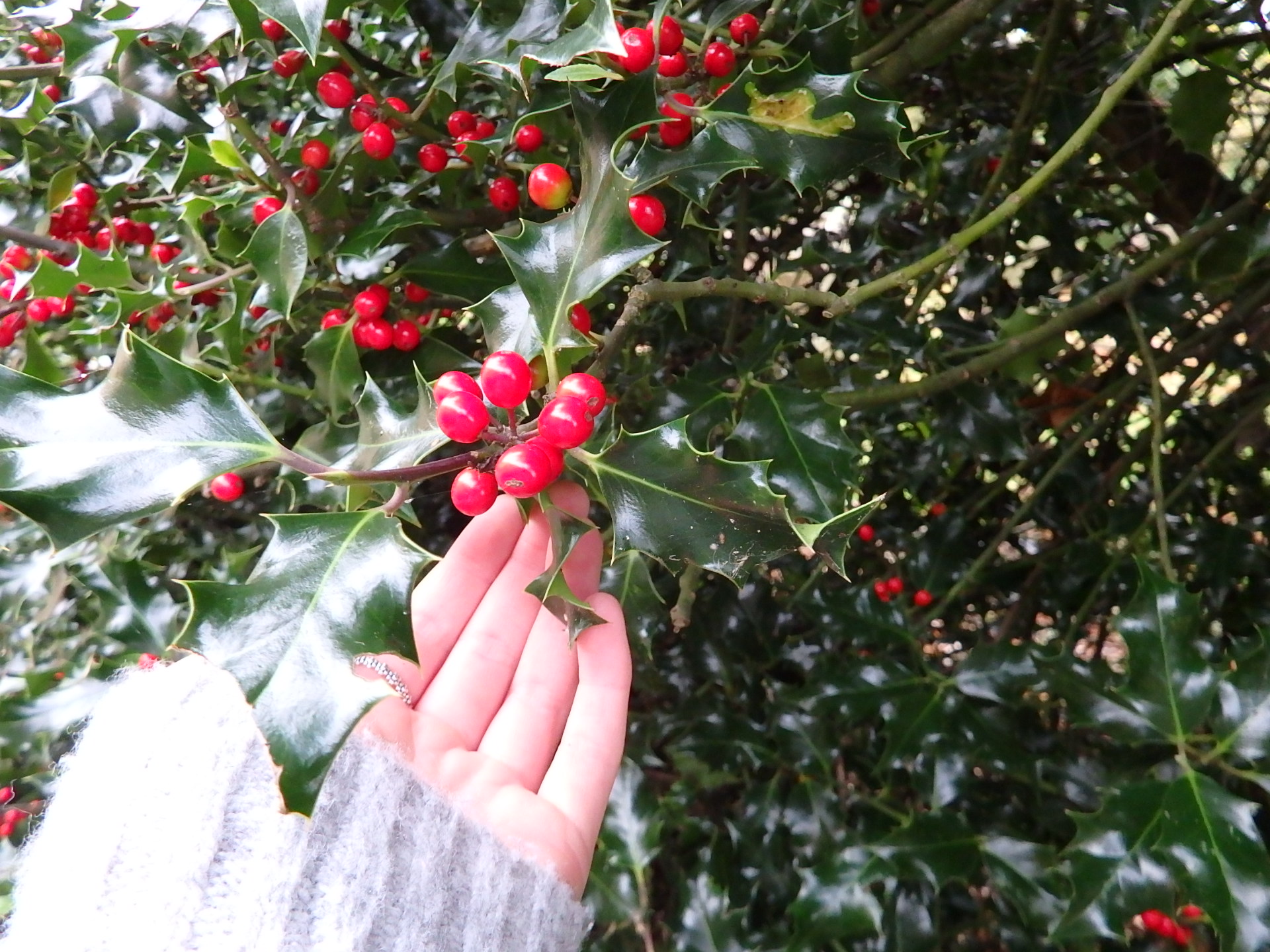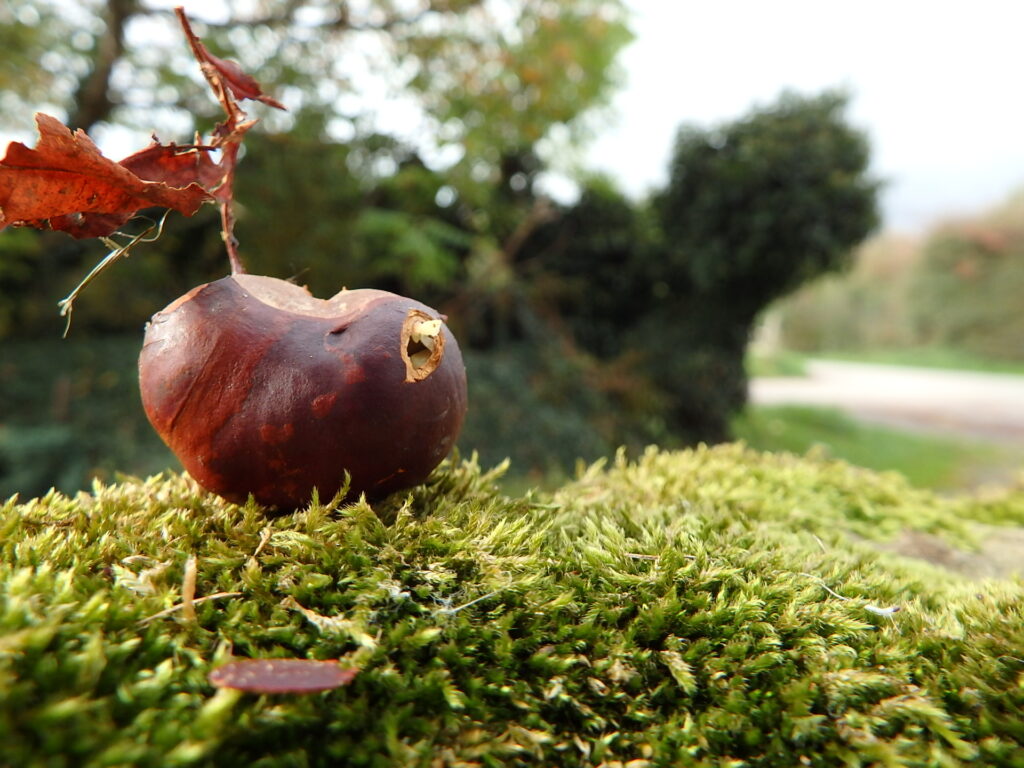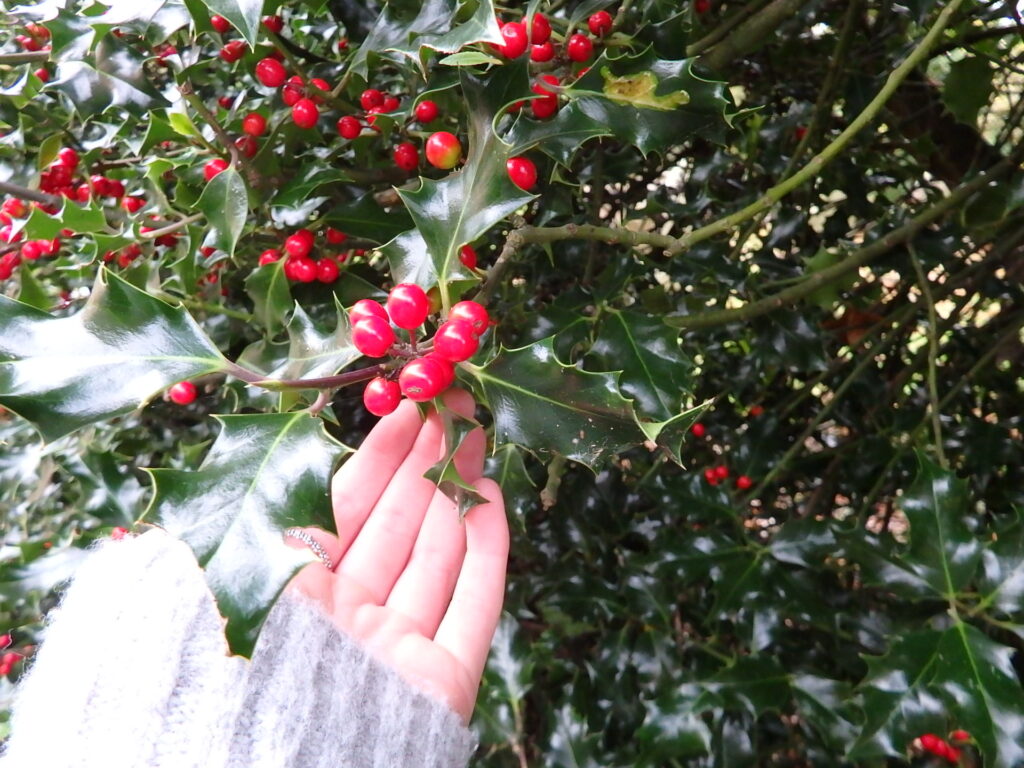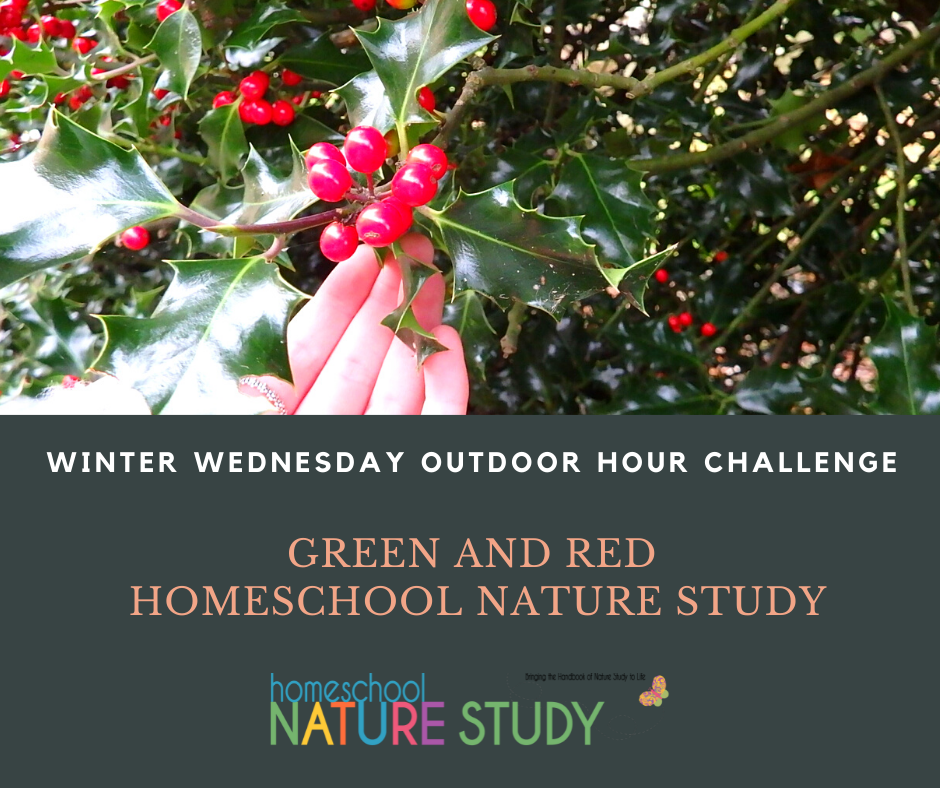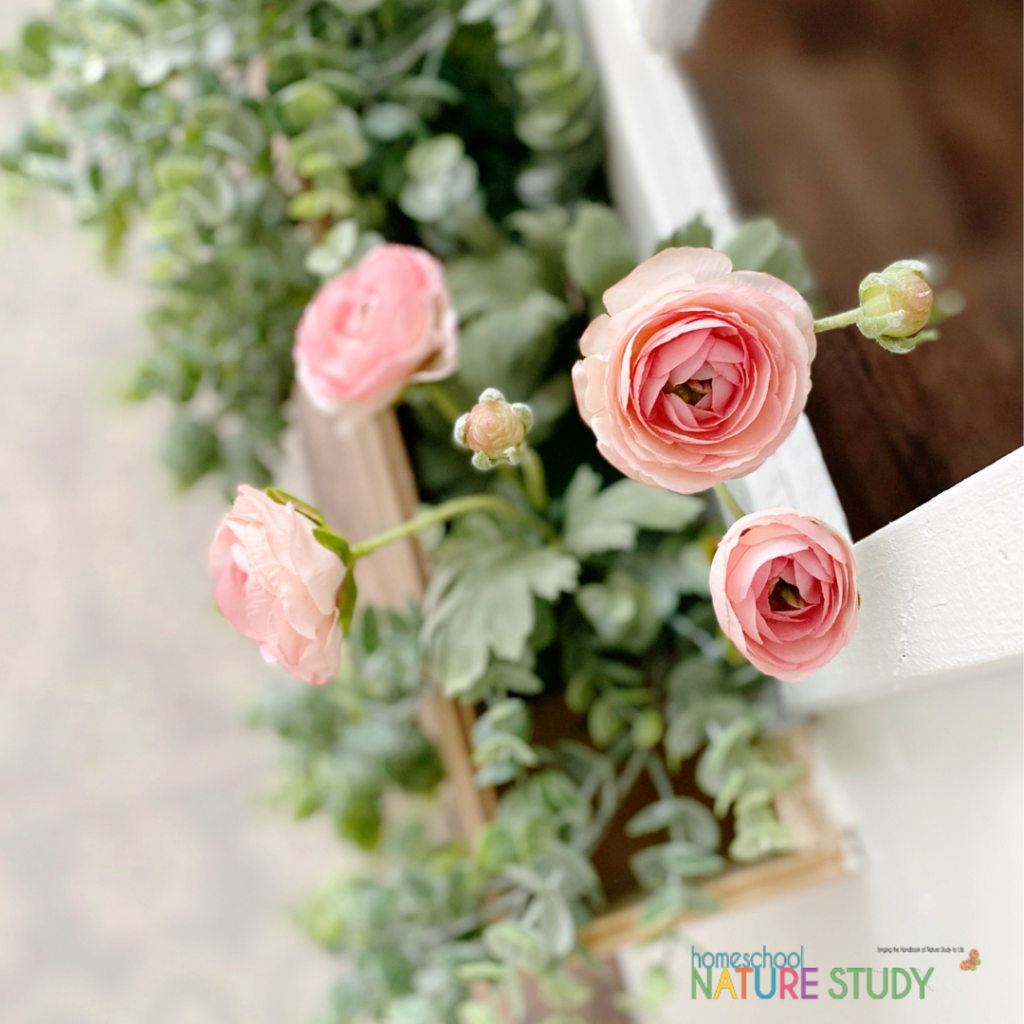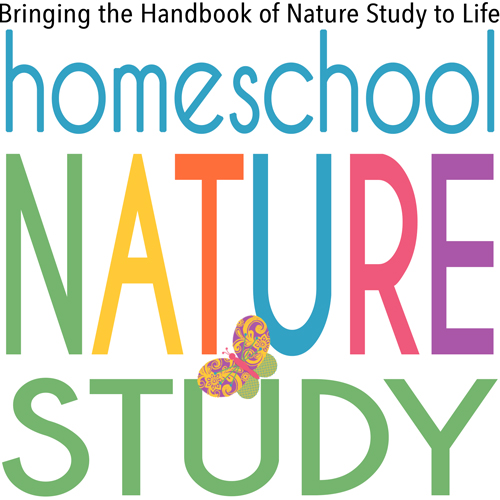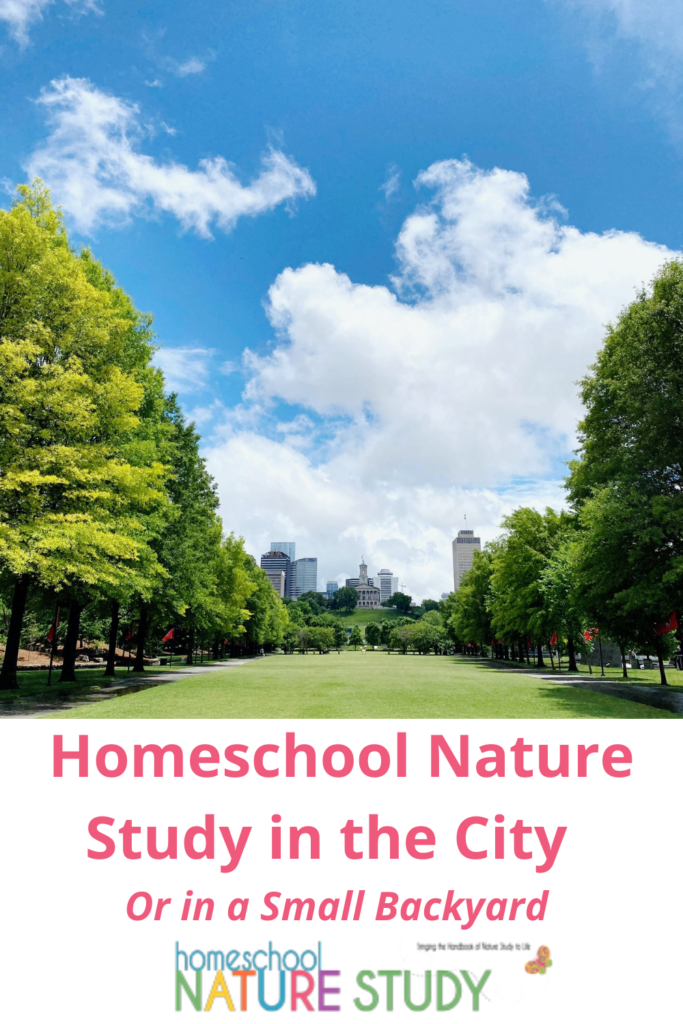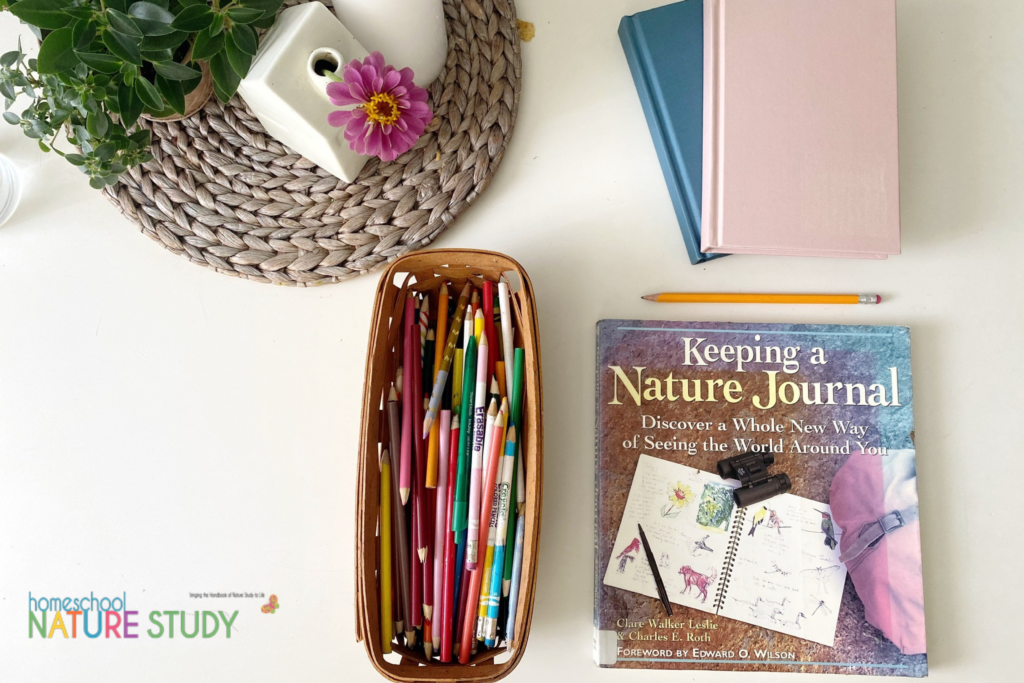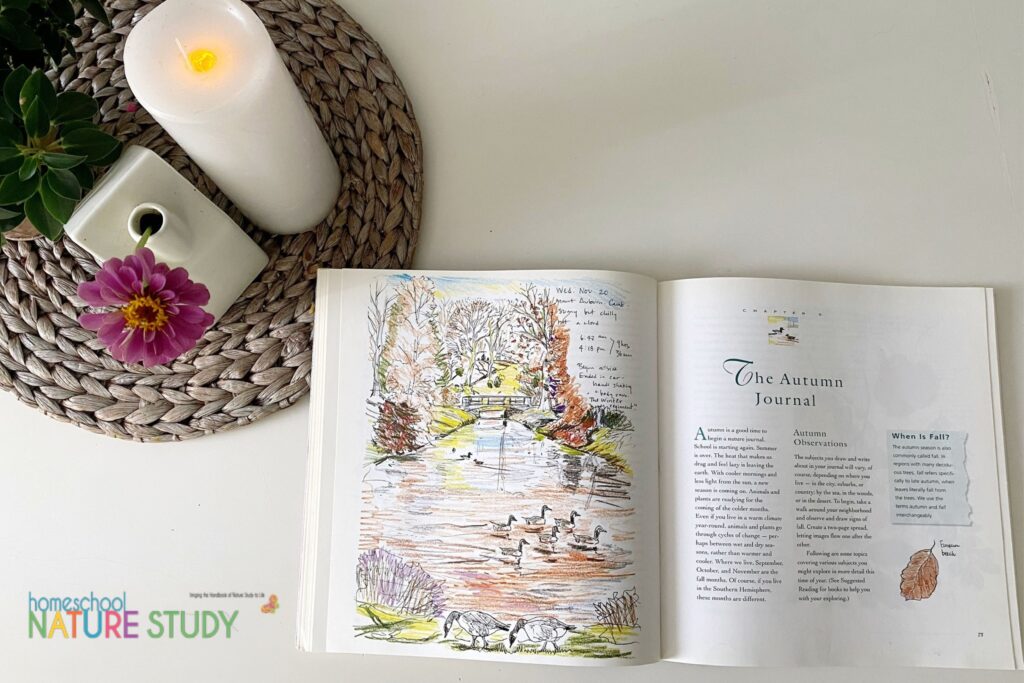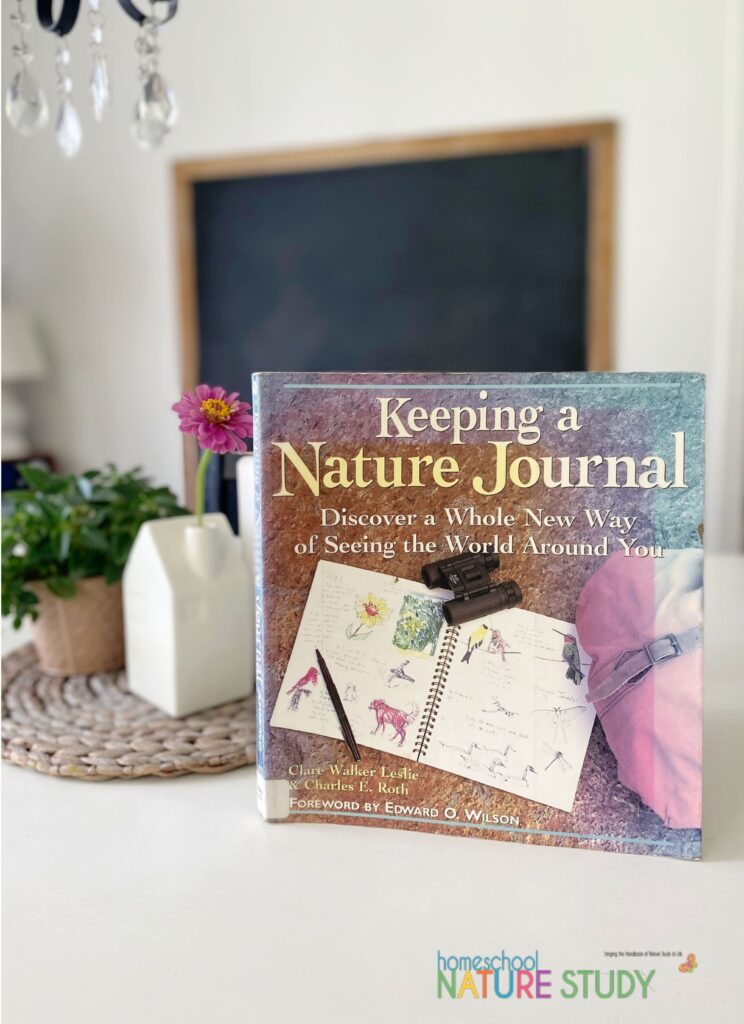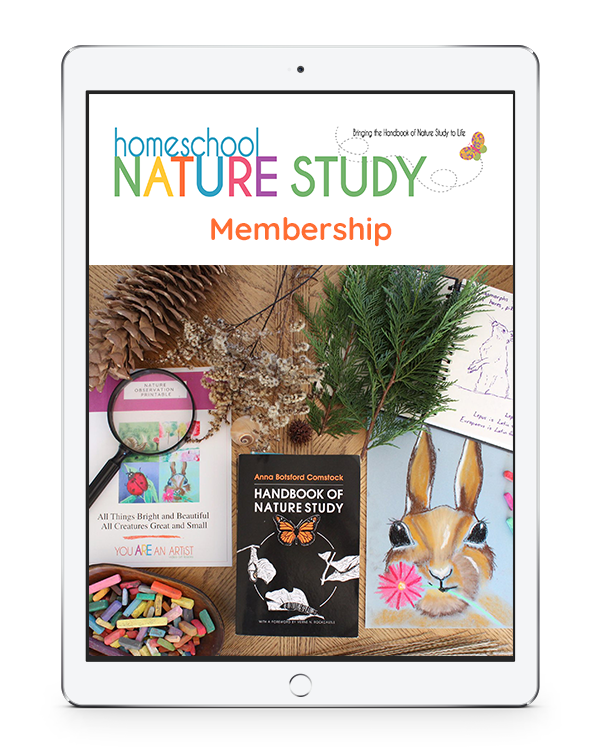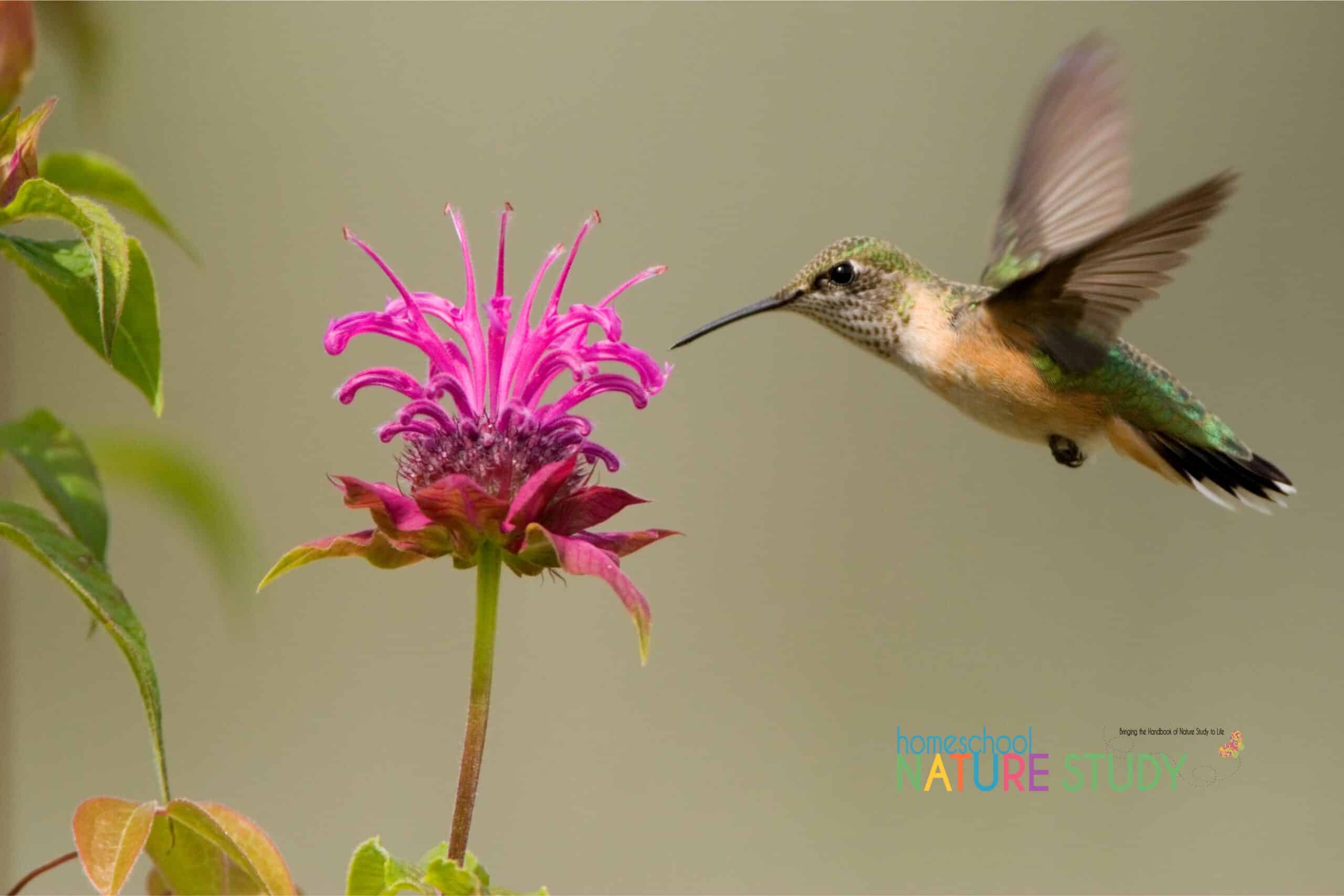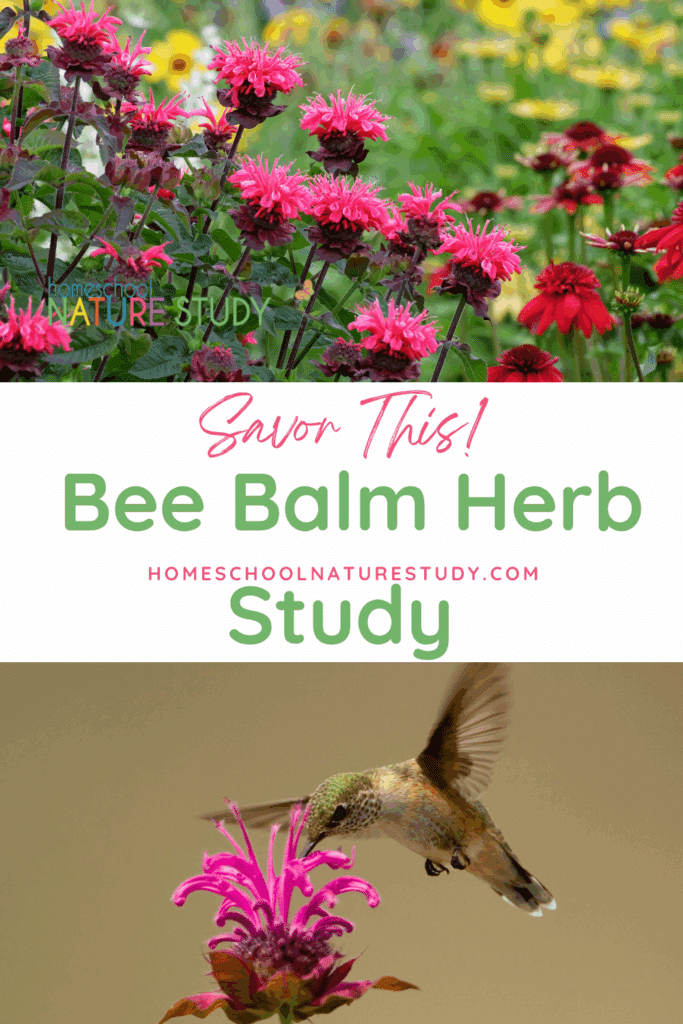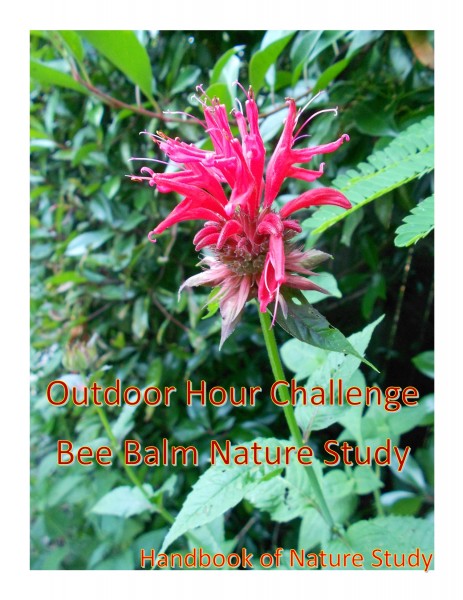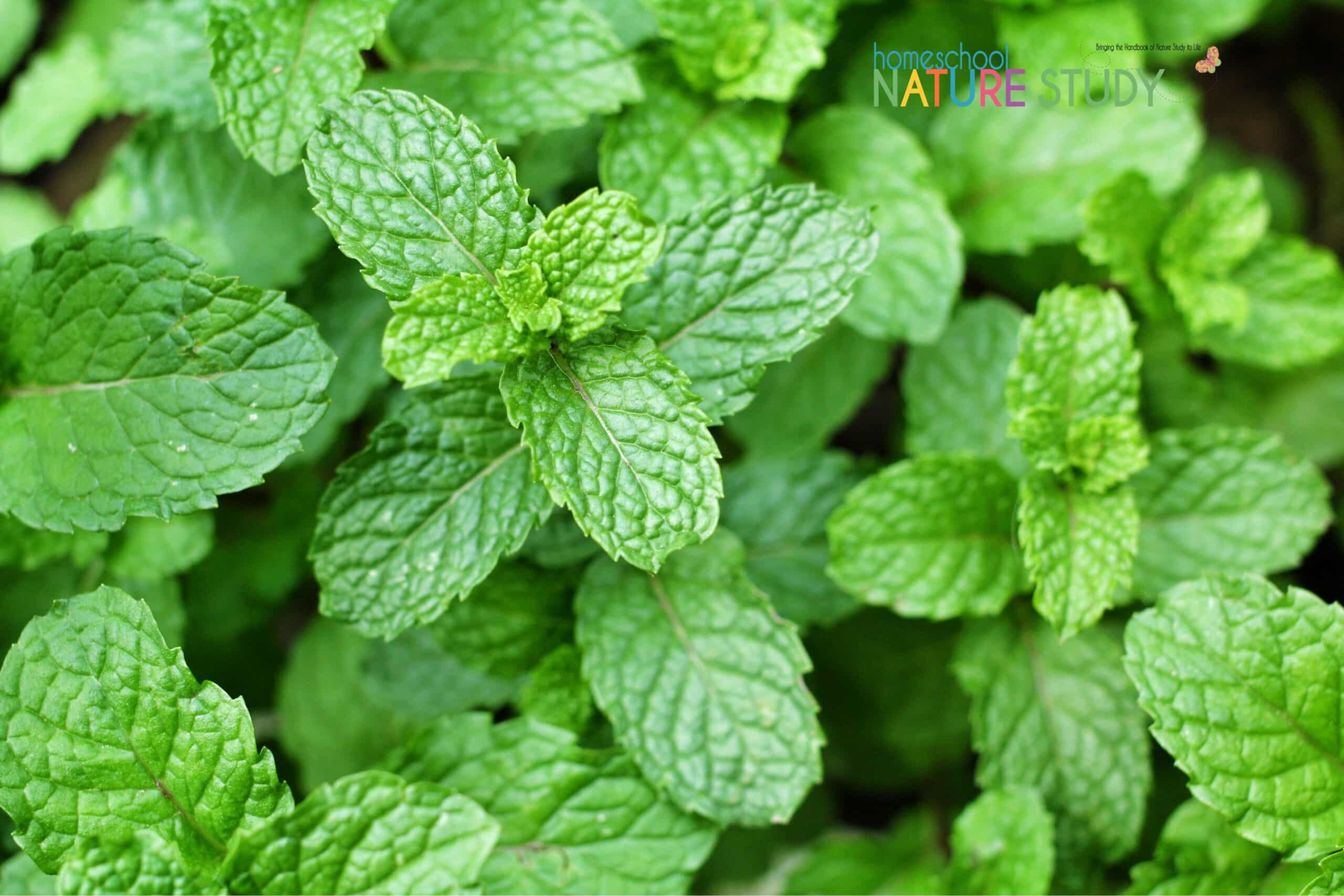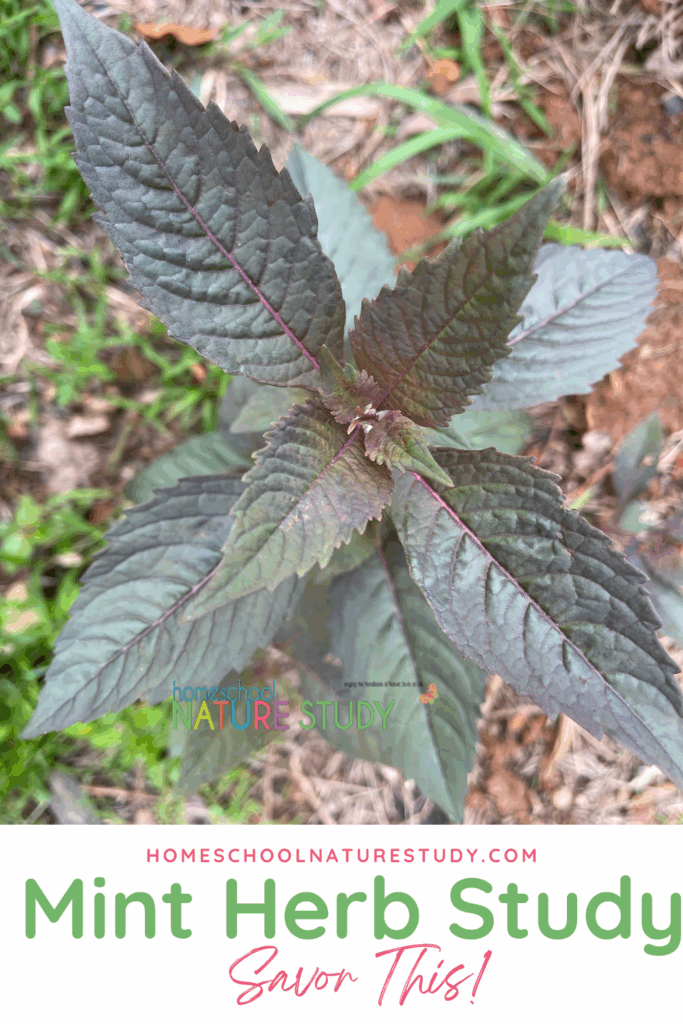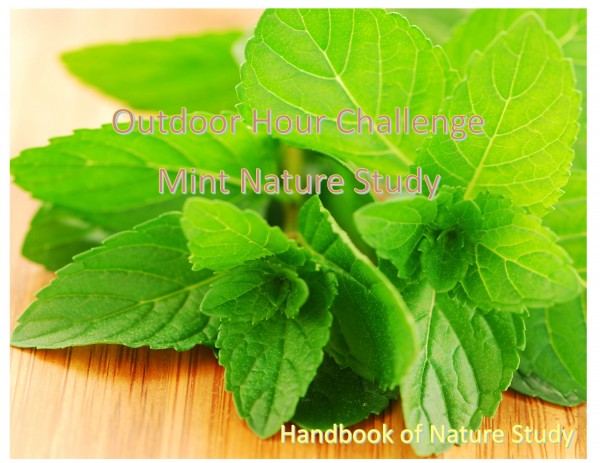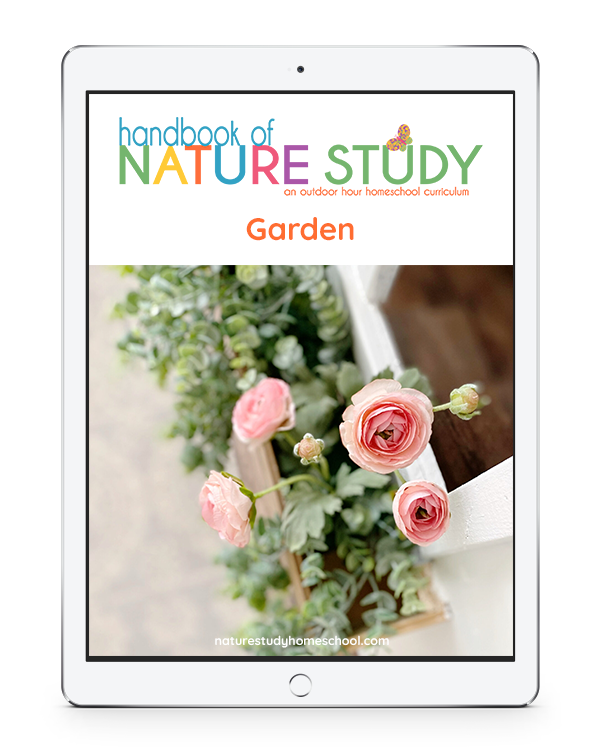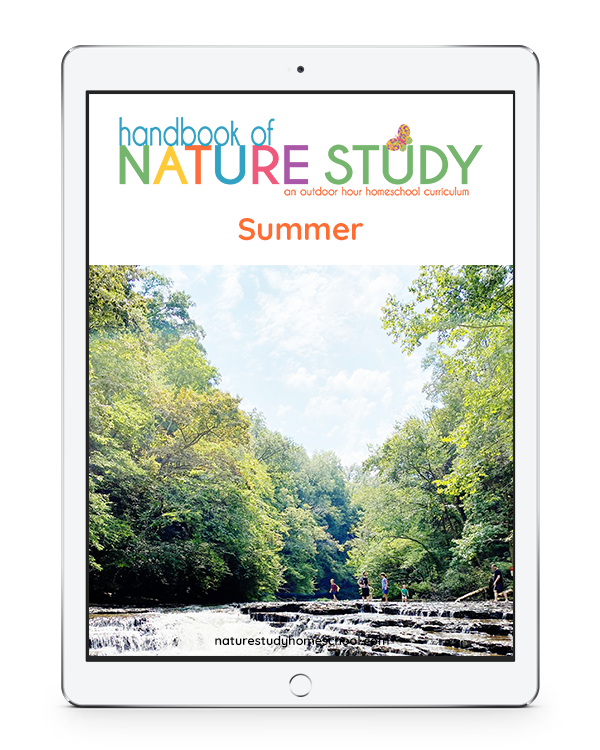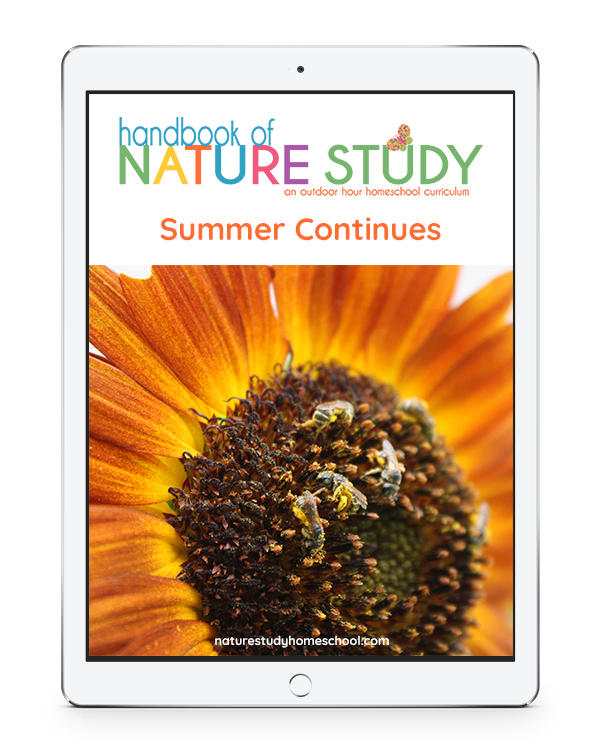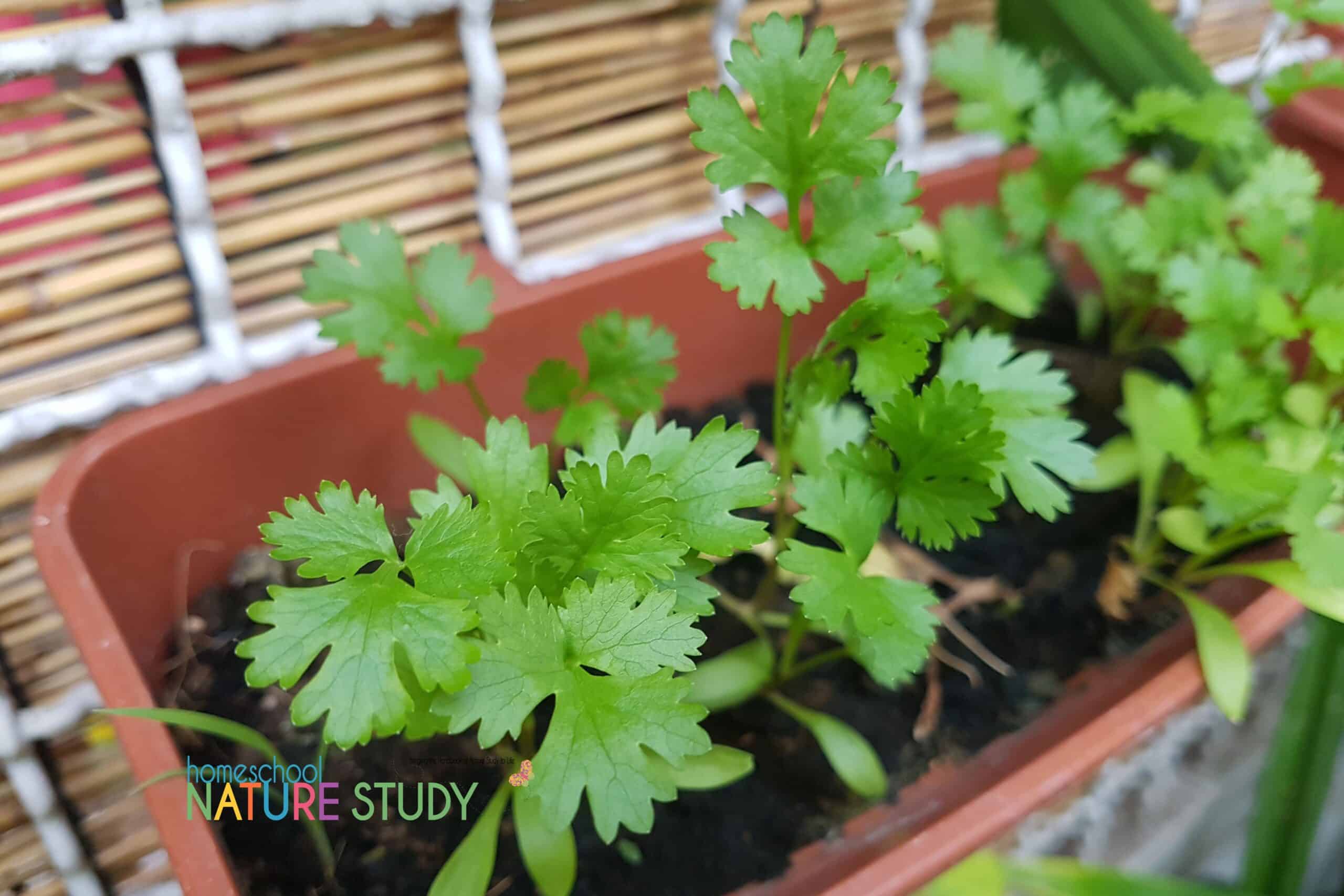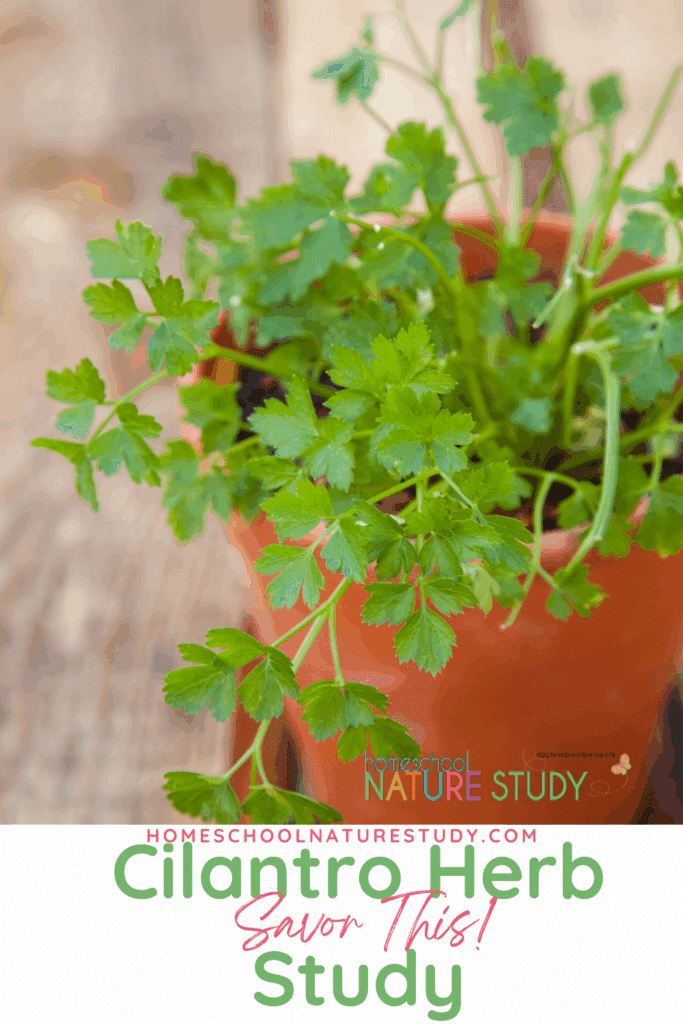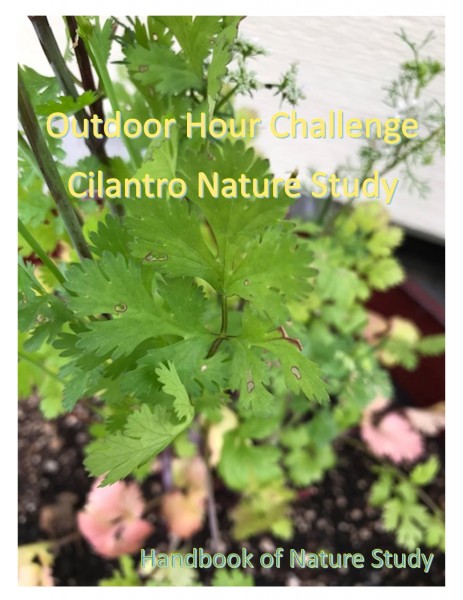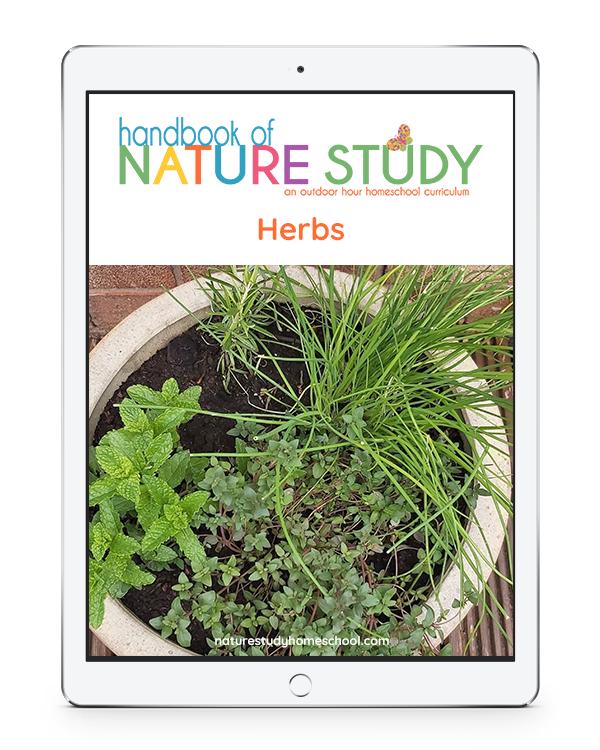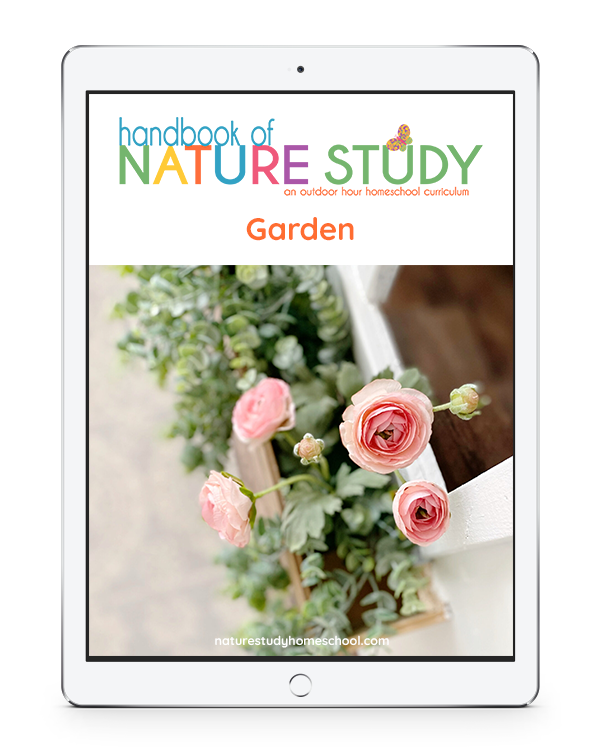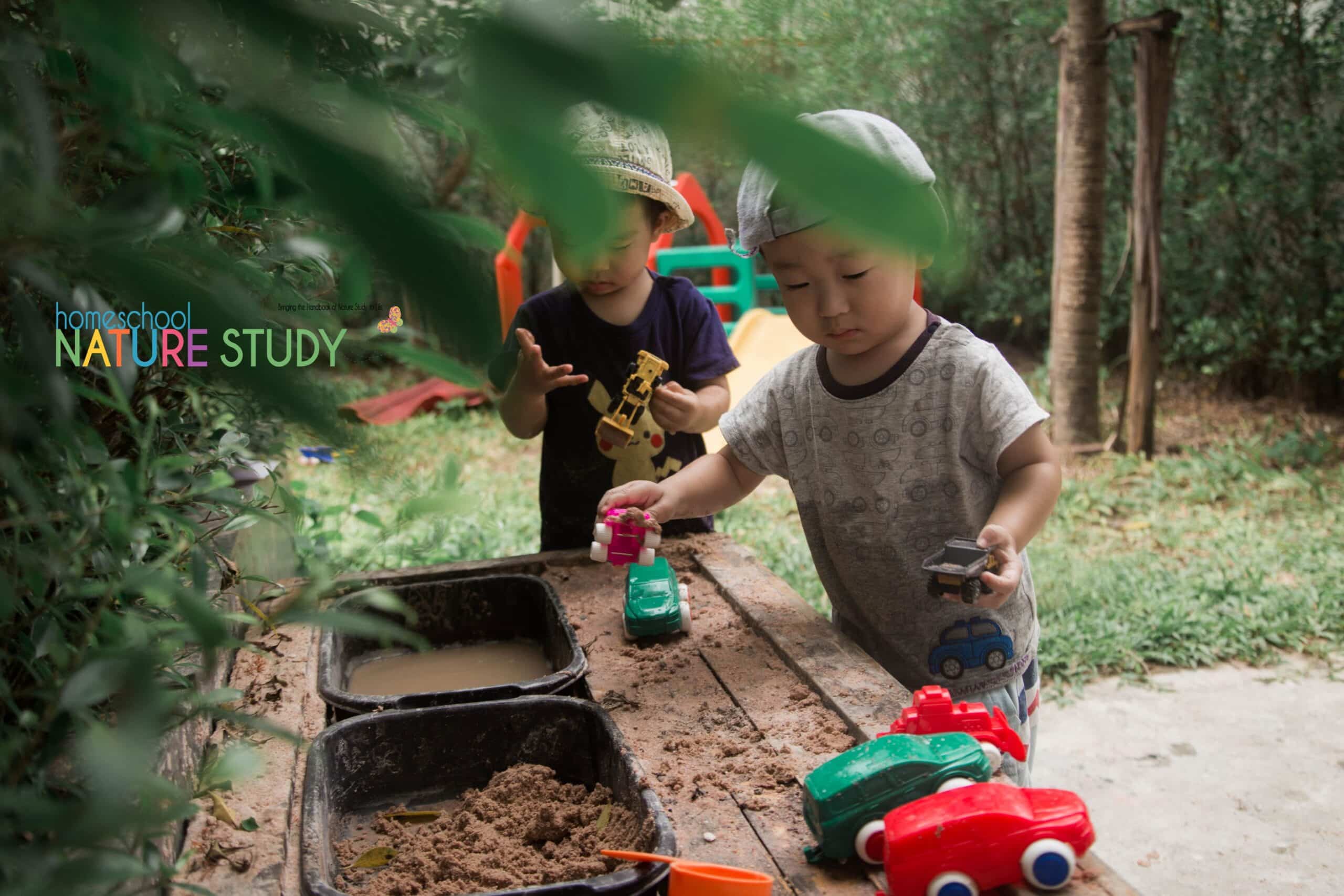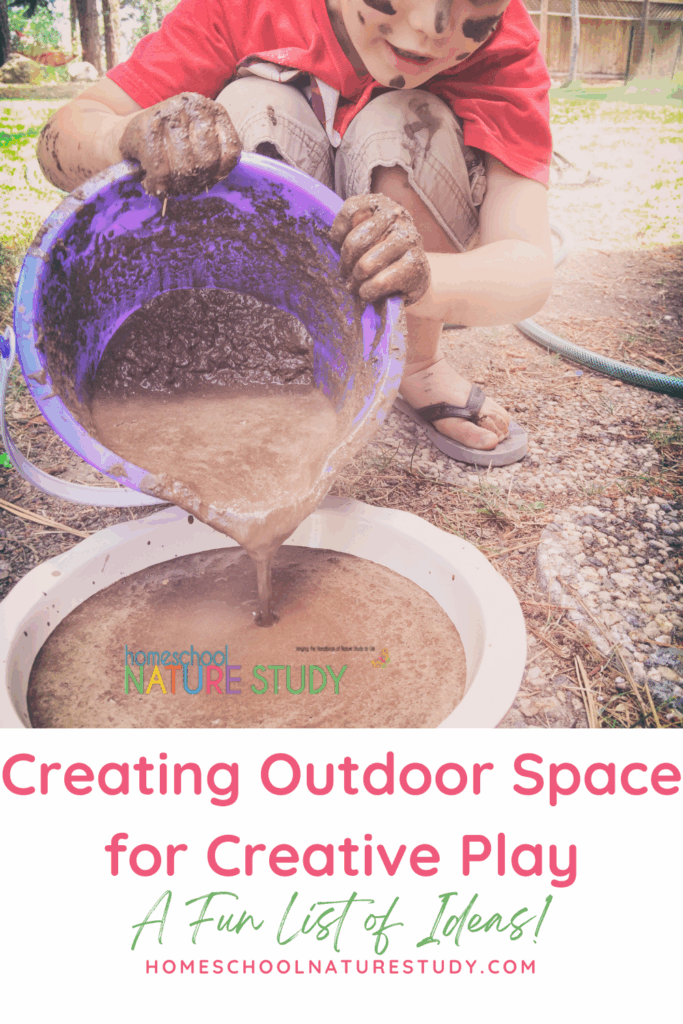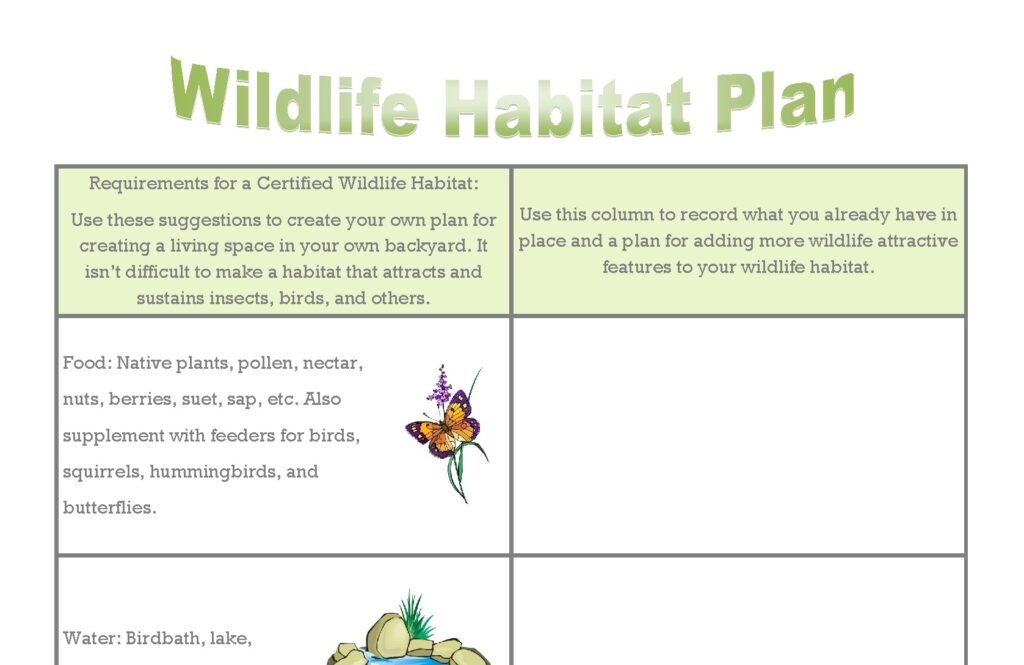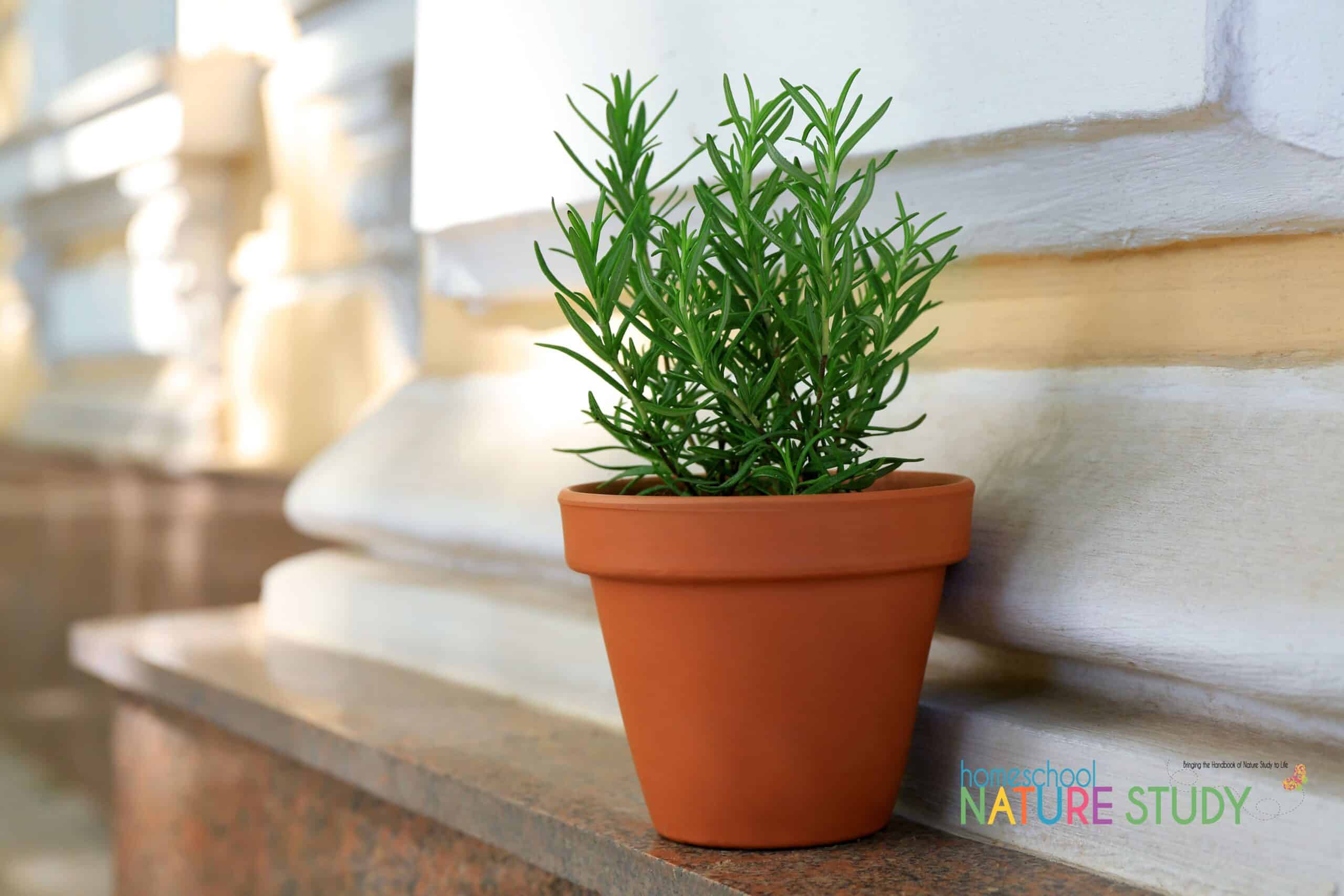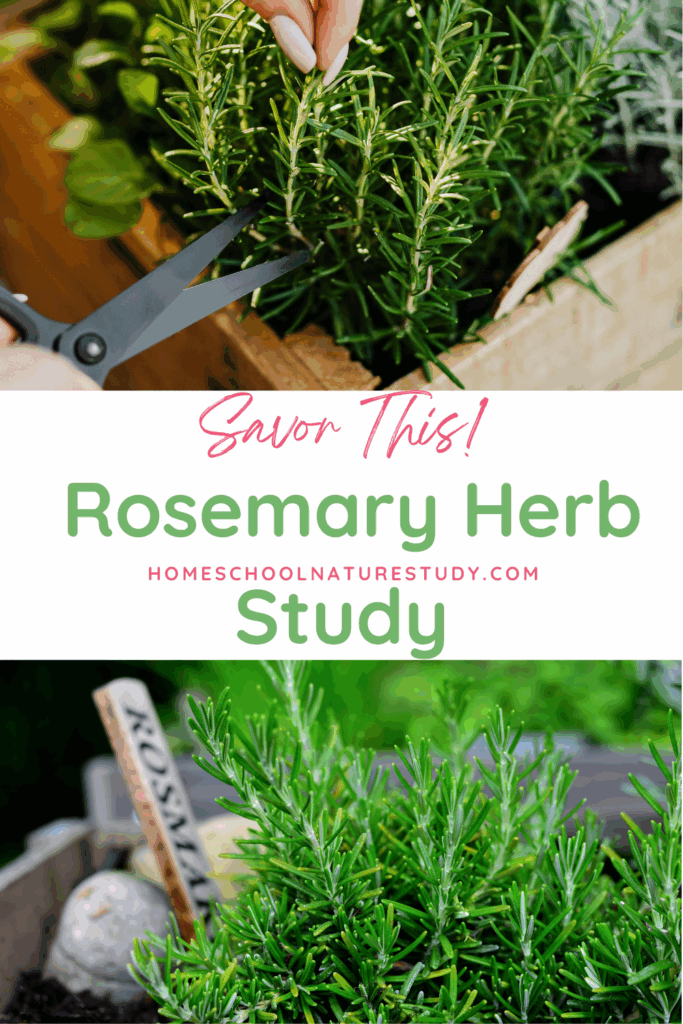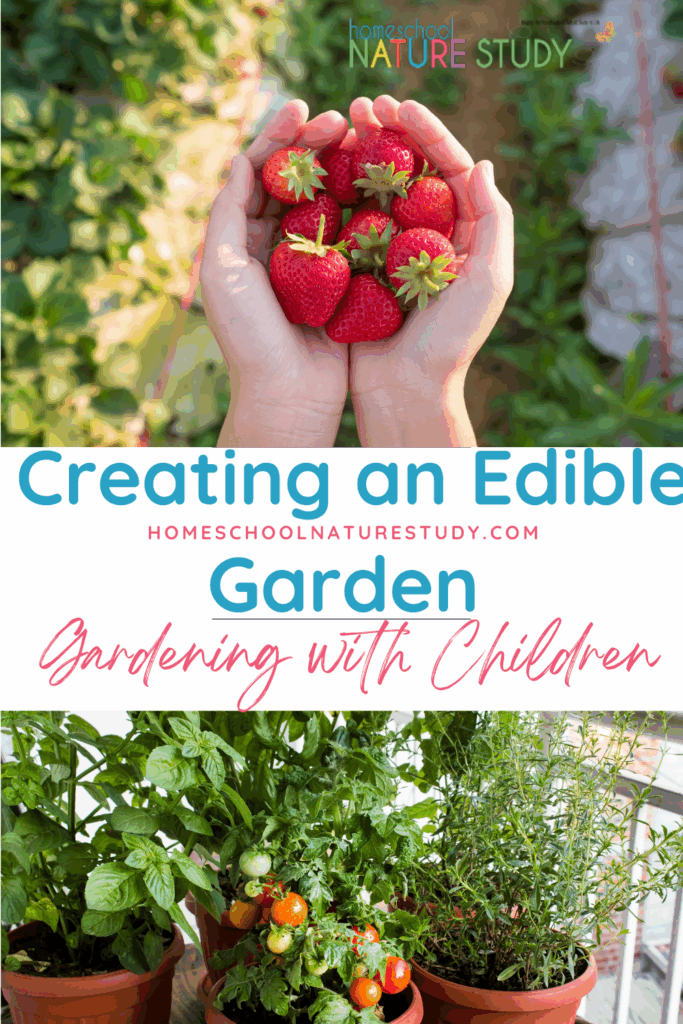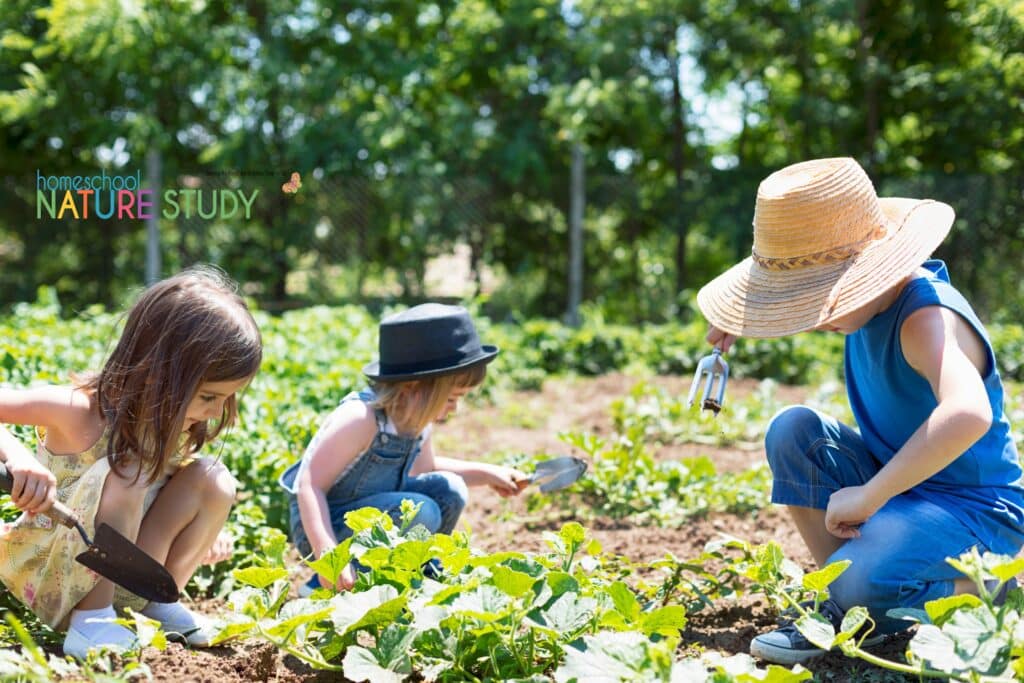You can enjoy a Robert Frost Style winter nature study for your homeschool! Frost’s poem, Stopping By The Woods on a Snowy Evening can be a jumping off point. Enjoy these ideas for your snowy adventure.
There was so much snow in our favorite woods…it brought to mind the Robert Frost poem that we have been reading in our poetry study the past few weeks.
A Robert Frost Stopping By The Woods Winter Nature Study
“Whose woods these are I think I know.
His house is in the village though;
He will not see me stopping here
To watch his woods fill up with snow.”
Robert Frost (Few lines from Stopping by Woods on a Snowy Evening, 1923).
Using Snowshoes or Cross Country Skis for a Snow Hike
Our Winter Wednesday color walk and cattail observations were combined into one snowy hike…snowshoes firmly attached. It started off with 18 degree weather but by the time we finished it was around 40 degrees, sun shining brightly.
Look for Winter Colors in Your Homeschool Nature Study
We started off with not much aim other than looking for colors and finding the cattail pond. I decided that it is nice to have something in mind as we head out in the really cold air….otherwise you keep your eyes down and forget to look up and out.
The color palette of this snowy world is actually quite beautiful. The blue sky, the evergreen pines, the red-yellow-orange of the shrubs, the colorful lichens, and the blue of the lake really stand out against all the snow.
Our cattails this year are quite secluded and we aren’t even sure if we will be able to get out here since we think this is marshy in the spring and summer. It will be interesting to see how the terrain changes by the season.
Look at the mountain covered with snow! The colors really pop when you have all this whiteness going on…blue sky, reddish-oranges of the willow and dogwood, green evergreens.
Keep Your Cross Country Ski Route in Mind
It seems unlikely that we would get lost but we did wander around following someone else’s path. It is a really good idea to have in mind a route when you are out in the woods like this. We knew our general direction but you get tired trudging through large amounts of snow even with snowshoes on. (I also got hot…too many layers.)
Our problem was that there are two large creeks that run through the snowy meadows and if you don’t plan it right you are stuck on one side with the water running between you and the rest of the path. I could see where animals had just jumped across the gap but with snowshoes on, you don’t jump very well. We had to find a way to go around.
Another factor is that with all this snow, our familiar landmarks are erased. The bushes are flat with snow and there is far more water than we are used to. All those lumps are bushes weighed down with a couple feet of snow. You can’t really hike over the top. Going around again.
In the end, we made it back to the car by following the creek and finding the bridge. It was a wonderful romp through the woods, successful in refreshing our hearts with some wonderful awesome vistas that you would never see if you didn’t break out the snowshoes or cross-country skis.
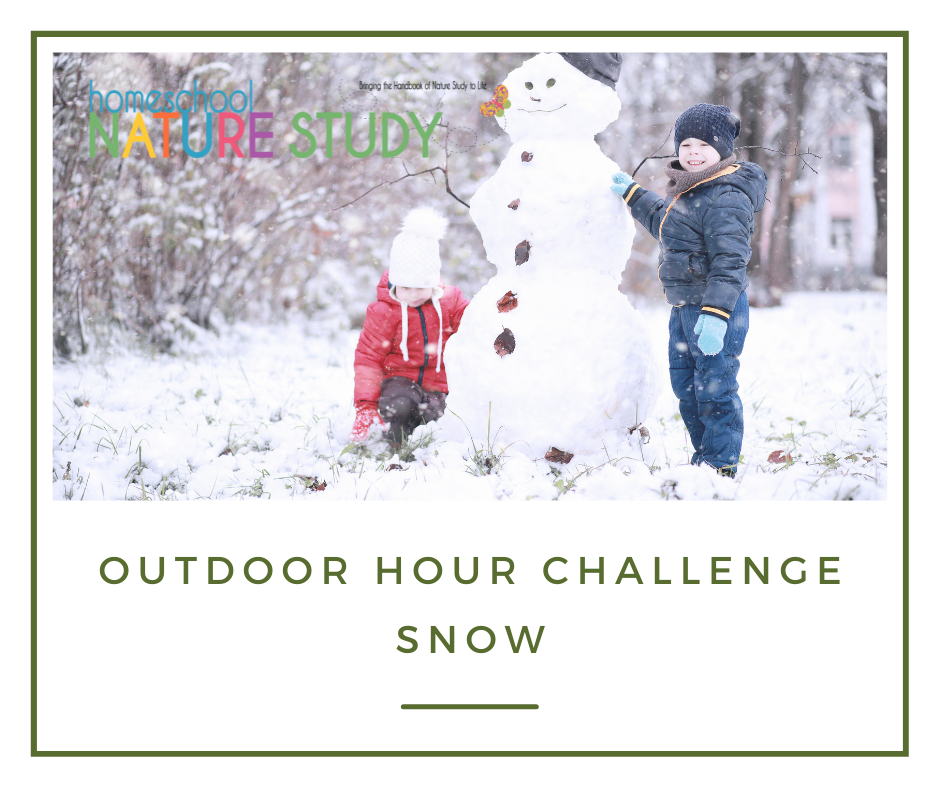
A Homeschool Snow Study
If you don’t have snowshoes or cross-country skis, you can still enjoy a fun homeschool snow study! Browse all of these fun ideas: Homeschool Snow Study

A Robert Frost Art Lesson and Tea Time
Follow up your outdoor hour time with a fun art and homeschool tea time! Fun ideas for Stopping By The Woods on a Snowy Evening Homeschool Tea Time with You ARE an ARTiST. A printable Robert Frost poem is included in ARTiST Clubhouse membership.
You might also like a Winter Snowflake Study with Snowflake Bentley.

More Winter Homeschool Nature Study
Here are even more winter nature studies for you to enjoy together:
- January Nature Studies Perfect for Winter Homeschooling
- A Winter Tree Study for Your Homeschool
- Nature Study Crafts for Kids – always a fun thing to do indoors!
- Simple Ways to Study Nature in Your Homeschool This Winter
- How to Find the Joy of Nature Study in Your Own Backyard
Be sure to share photos of your Robert Frost winter nature study with us! Tag us @outdoorhourchallenge
Be inspired. Be encouraged. Get outdoors!
Written by Outdoor Hour Challenge founder, Barb McCoy in 2011. Updated by Tricia 2022.







